Chalk Stick ( Senecio plants)
Blue chalk stick plants (Senecio plants) suitable for containers, rock gardens, succulent gardens, and Mediterranean gardens. It is a low growing succulent plant which is highly versatile and borderline ideal plant. Which are tolerant of drought and heat and are not tolerant of excessive cold? Below are a few simple tips Nature Bring, so you can grow it very easily. Senecio plants are many species they are toxic to animals. Therefore, place these plants in a place where children and domestic animals cannot reach.
Very large species of Senecio plants are available; it has more than 1000 species in the world. Some of its species are very pleasant to see and there are some noxious weeds. Some species of Senecio Cineraria are tender perennials, many of them are such that there is no garden friendly, some are large and small shrubs, some are trailing or covering the ground.
Classification
Scientific name Senecio
Common name Blue Chalk Sticks
Plant type Succulent
Sun required Part to Full Sun
Soil Sandy/ well-drained
Soil PH 6.0-7.0
Color Red or white
Blooming Time Throughout the year
Zone 9-11
Growing condition of the Blue chalk stick
Location and Soil
Senecio plants (blue chalk stick) prefer the presence of the full sun. Therefore, while planting it, keep in mind that it is more than 6-8 hours in direct exposure to sunlight, although they also tolerate partial shadows. If you want to grow it inside the house, place it in a South Facing Window or sunny place. If the light is not enough, then you put it under the artificial light (fluorescent).
This plant likes well-drained sandy soils. If the damp shawl remains, then this plant can rot.
Watering
Once the blue chalk stick is established, they become drought tolerant, but during the growing season it required water is sometimes. Water your plant in 3 4 weeks, but before drying it, let it dry completely. The new plant requires more water. Give water once a week during the first spring and summer. For plants engaged in the container, wait for the soil to dry once the water is given. Give water to prevent wilting in winter weather.
Fertilizer
Like all succulents, it also requires fertilizer; it should be made of light fertilizer annually. A lot of fertilizer can cause leggy growth. We give Succulent in our garden every two years for fertilizer.
Pruning
Long species become inactive, they can do pruning, and spring is suitable for them. In the spring you can also plant its cuttings.
Propagation
Senecio plants can be easily developed by both cuttings and seed. If planting it from seed, then the ideal temperature 55 degrees F requires with constant moisture. These are quickly and easily developed from the cuttings. The best weather for the cuttings is from early spring to fall. At this time you can plant the cuttings in a sandy soil.
It can also be divided into early spring. If you have developed it in the container, then you can keep it outside in the summer too, and you can enjoy it before the fall.
Container Planting
Take two to three inches length of blue chalk stick in the Spring Season. Take potting silk (special for succulent and cacti) in a container. Put these cuttings in a vessel and keep the soil slightly moist, then lift this container and keep it in a warm place. Do not keep its feet wet; otherwise, there will be a rot.
Flowers
At the end of the stem, small, ivory flowers appear in the flakes. They appear by late fall until the end of the winter.
Pests
Some insects trouble the blue chalk stick. Occasionally scale and mealy bugs attack them.
Happy gardening.
For Pin
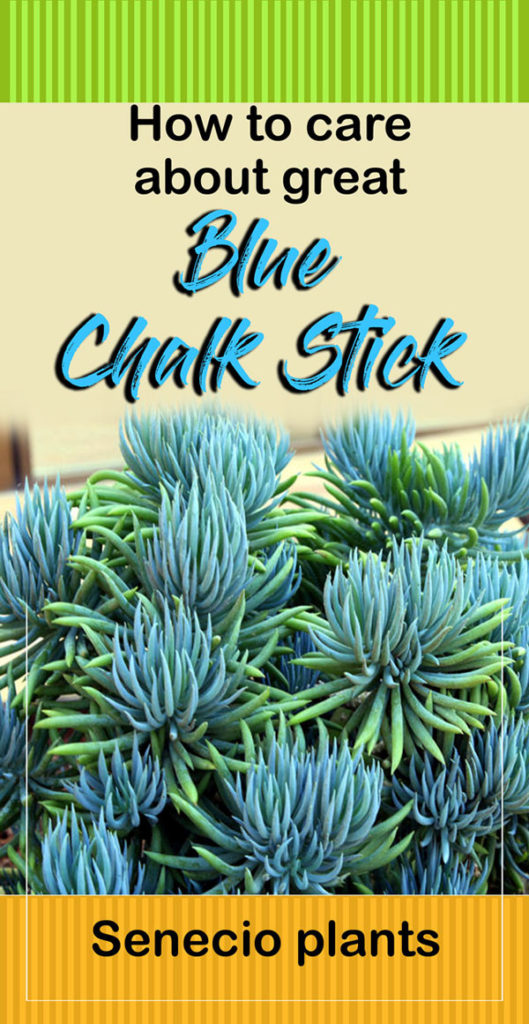
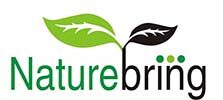
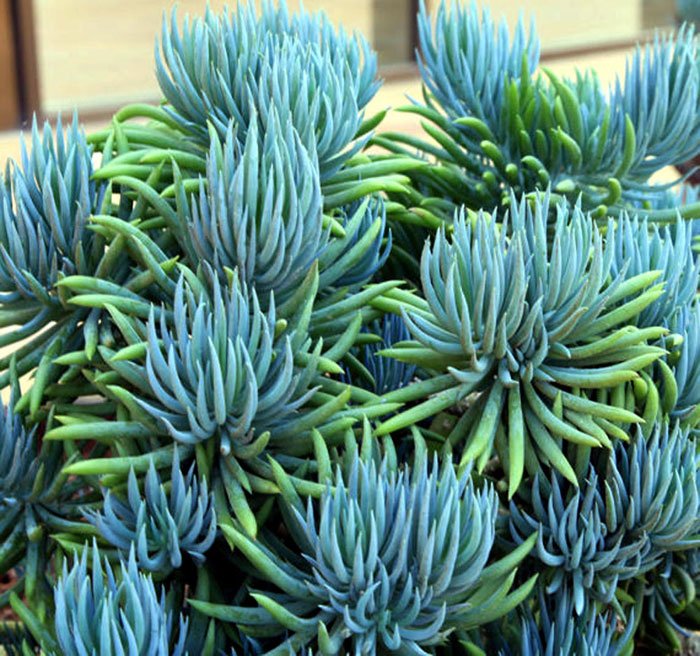
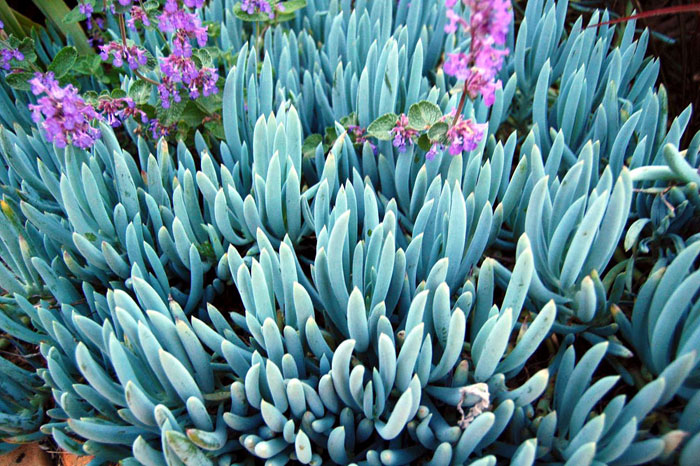
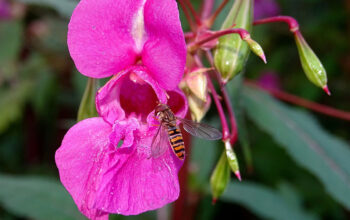
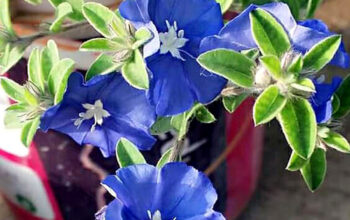
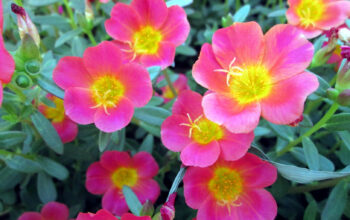
incrediable collection..
thanks